I recently discovered some anthologies devoted to Southern nature Writing. Several noteworthy authors appear in The Woods Stretched for Miles: New Nature Writing from the South, 1999, UGA Press. Editoes Jon Lane and Gerald Thurmond are talented authors but did not include any of their own works in this anthology. I may review this anthology someday, but the following comments are more of a summary.
Rick Bass (Mississippi) is acknowledged as a master of short stories and has published several fiction and nonfiction books. His essay “Good Day at Black Creek,” set in Mississippi, is drawn from his collection of essays Wild to the Heart, published by Stackpole Books. It is the story of a backpacking trip in Black Creek Wilderness, an area proposed for protection as a designated wilderness area.
Jan DeBlieu’s essay “Hurricane” is set in North Carolina and drawn from her book Hatteras Journal, which is recognized as essential reading for coastal conservationists. She has published additional books on the coastal Carolinas.
Wendell Berry has been called the dean of Southern writers. His essay “The Making of a Marginal Farm” is set in Kentucky and included in Recollected Essays (1980). It has since been published in other anthologies.
Eddy L. Harris contributed his essay “Vicksburg,” set in Mississippi. It also appeared as part of his book Mississippi Solo: A River Quest, in which he described his canoe trip down the length of the Mississippi River.
Franklin Burroughs received the John Burroughs Medal for best nature writing for his book Confluence: Merrymeeting Bay. For this volume, he contributed” Lake Waccamaw to Freeland,” chapter two of his book The River Home, in which he describes a canoe trip on the Waccamaw River. The essay is set in the Carolinas.
Christopher Camuto contributed the essay “Old Growth” from his book Another Country: Journeying Toward the Cherokee Mountains. It is set in North Carolina. With sensitivity to the landscape, he speaks about how to recognize the transition from forest to old-growth forest. He has written extensively about fly fishing and other sports. Other books include A Fly Fisherman’s Blue Ridge and Hunting from Home.
Susan Cerulean contributed an essay, set in Florida, about field research on Swallow-tailed Kites. Her books include I Have Been Assigned the Single Bird: a Daughter’s Memoir and Tracking Desire: A Journey After Swallow-tailed Kites. She edited The Book of the Everglades and Between Two Rivers.
Stephen Harrigan contributed “The Soul of the Treaty Oak,” an essay investigating the killing of a famous live oak with herbicide. Several twists and turns of the story reveal unique aspects of the culture of Austin, Texas. He authored Big Wonderful Thing: A History of Texas.
James Kilgo was a long-time professor at the University of Georgia. His essay “Actual Field Conditions” describes the difficulties of bird research in the field and is excerpted from his book Deep Enough or Ivorybills. He published several other books.
Janet Lembke contributed the essay “River Time,” which first appeared as part of her book by the same title, set in North Carolina.
Barry Lopez contributed the essay “Theft: A Memoir,” set in Georgia and first appeared in his book About this Life. He is the author of numerous fiction and nonfiction books.
Harry Middleton authored the essay “Bagpipes on Hazel Creek,” in which he described Hazel Creek’s value as a trout fishing stream and the appearance of a mysterious piper in the surrounding wilderness. The essay is set in North Carolina and includes a description of Horace Kephart and his efforts to preserve the Great Smoky Mountains and Blue Ridge. Middleton died in 1993 after publishing In That Sweet Country, and The Earth is Enough.
Janisse Ray is a resident of Georgia and an advocate for the Longleaf Pine Forest, the community of plants and animals it supports, and the Altamaha watershed. Her essay “Whither Thou Goest” is a look at her time in Montana, where she completed an MFA degree. She has authored a dozen books and is perhaps best known for Ecology of a Cracker Childhood and Wild Card Quilt.
Bland Simpson contributed the essay “The Great Dismal,” the final chapter of his book, The Great Dismal: A Carolinian’s Swamp Memoir.
Mary Q. Steele’s essay “The Living Year” is set in Tennessee. It is an excerpt from her book, The Living Year. She wrote natural history and children’s literature. In my Substack post, Writing Chattanooga: Southern by Nature, I comment on this book.
Archie Carr was a herpetologist and noted expert on marine turtles. His essay “Living with an Alligator” is an excerpt from his book of collected essays, A Naturalist in Florida: A Celebration of Eden.
Marilou Awiakta (Tennessee) is a nature writer of Cherokee and Appalachian heritage. She recently decided that the University of Tennessee library would be the home of her collected papers. Her essay “Daydreaming Primal Space” is an exposition on Native American thought as published in her book, Selu: Seeking the Corn Mother’s Wisdom, which I reviewed in my Substack post, Marilou Awiatka Speaks or a Living Culture.
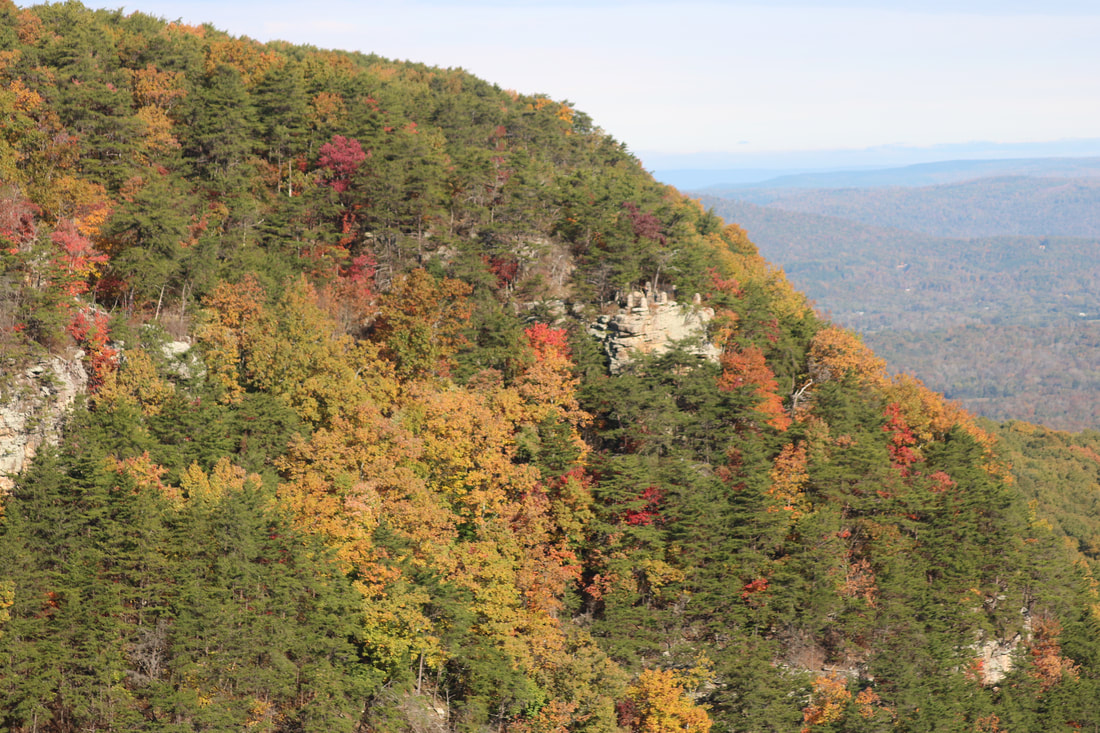
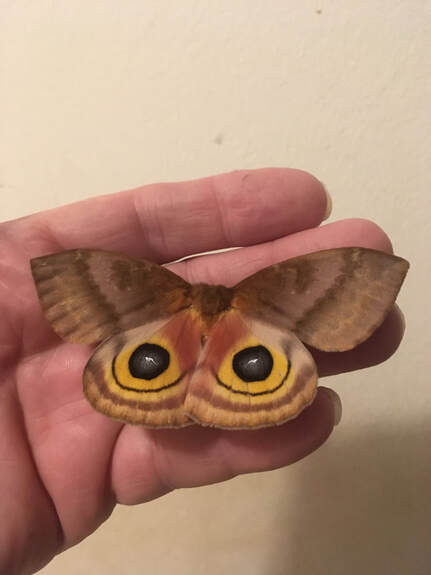
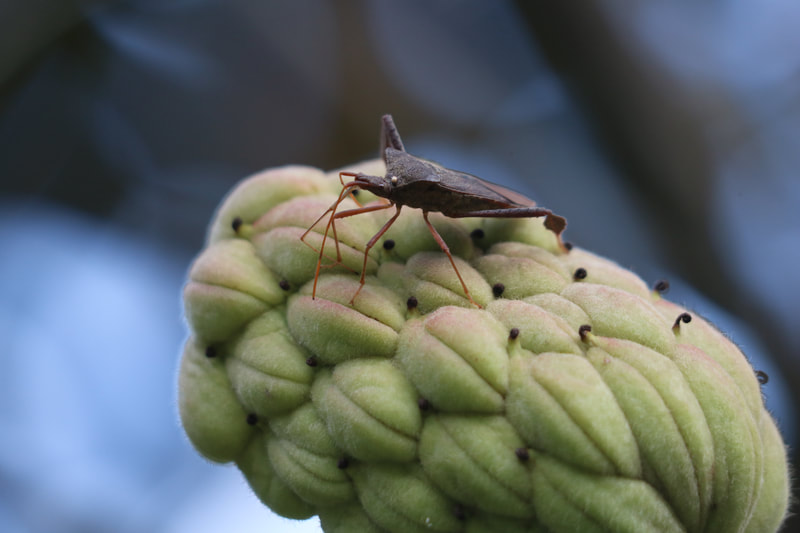
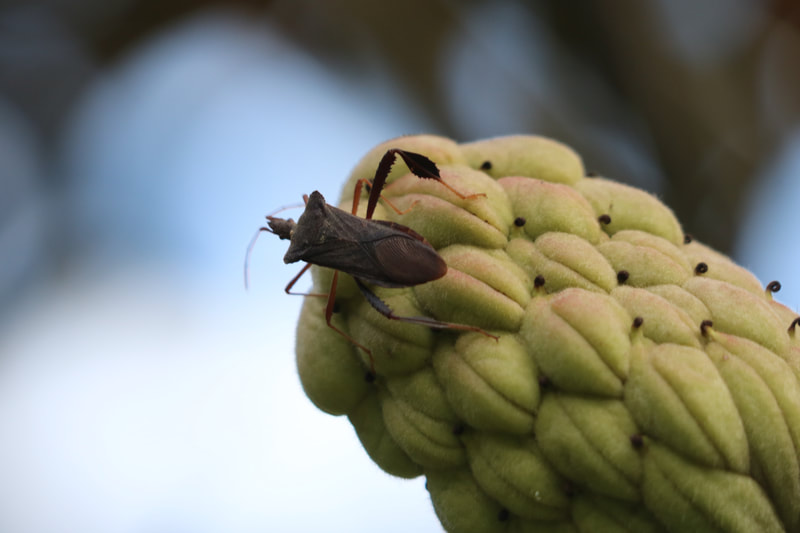
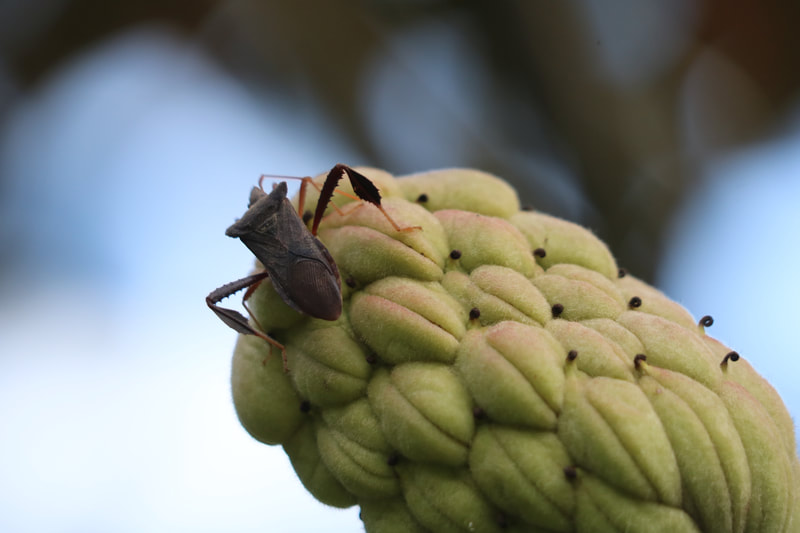
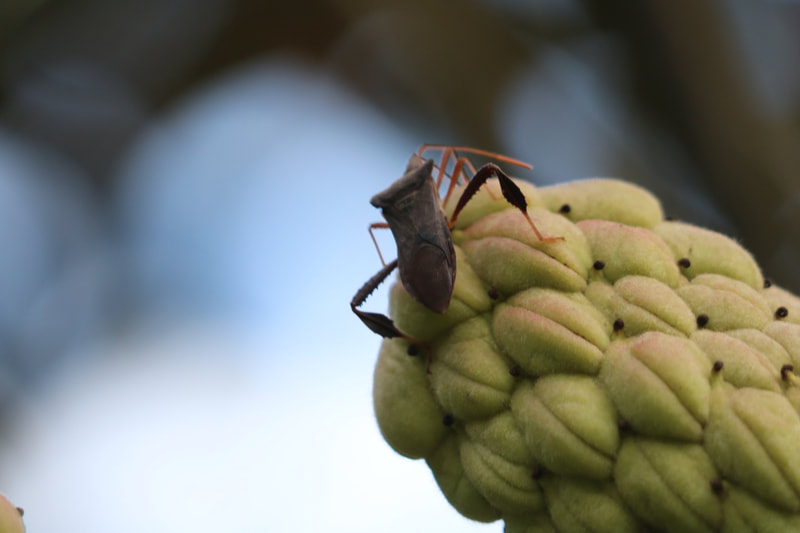
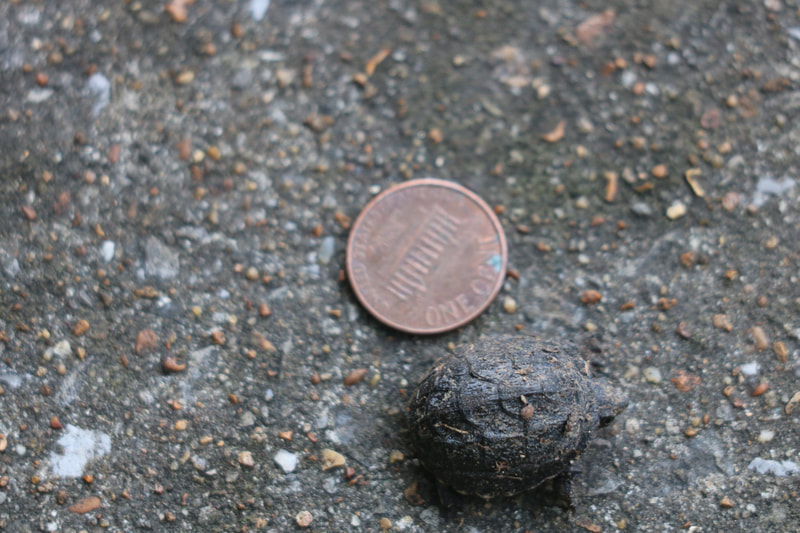
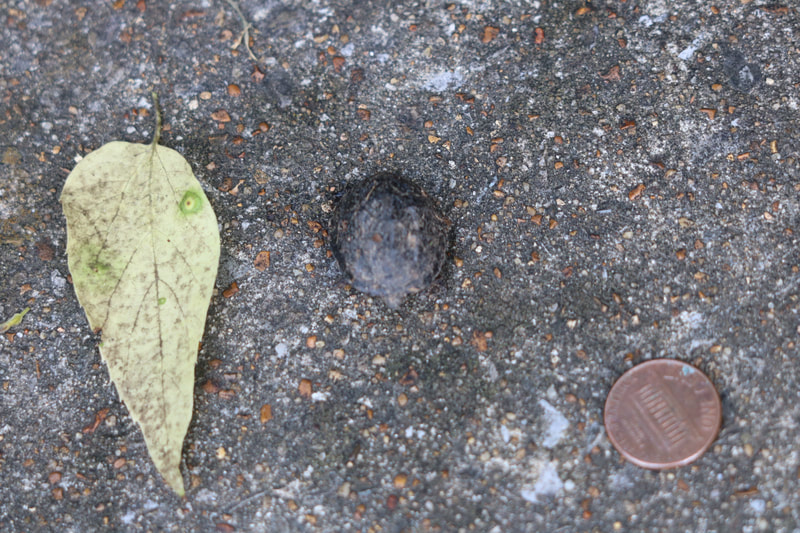
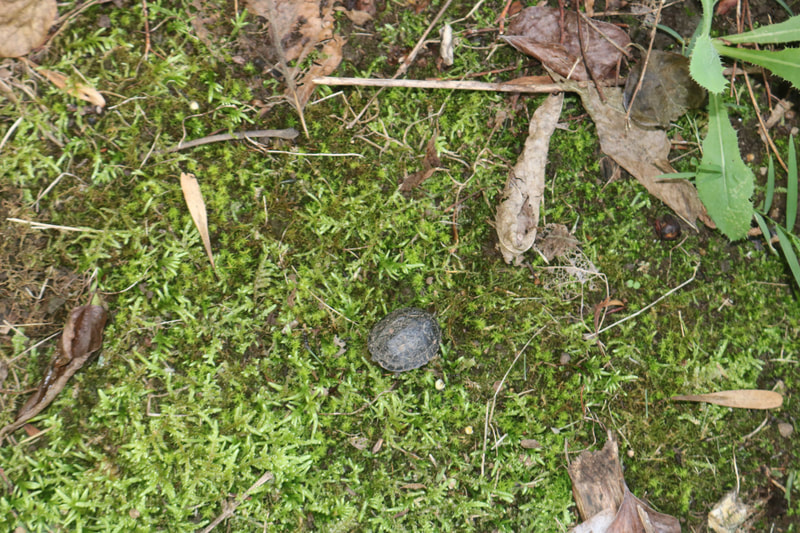
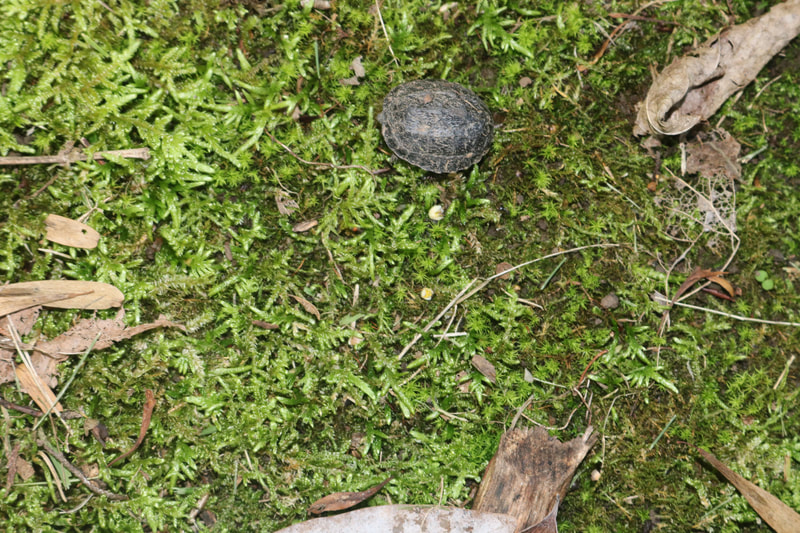
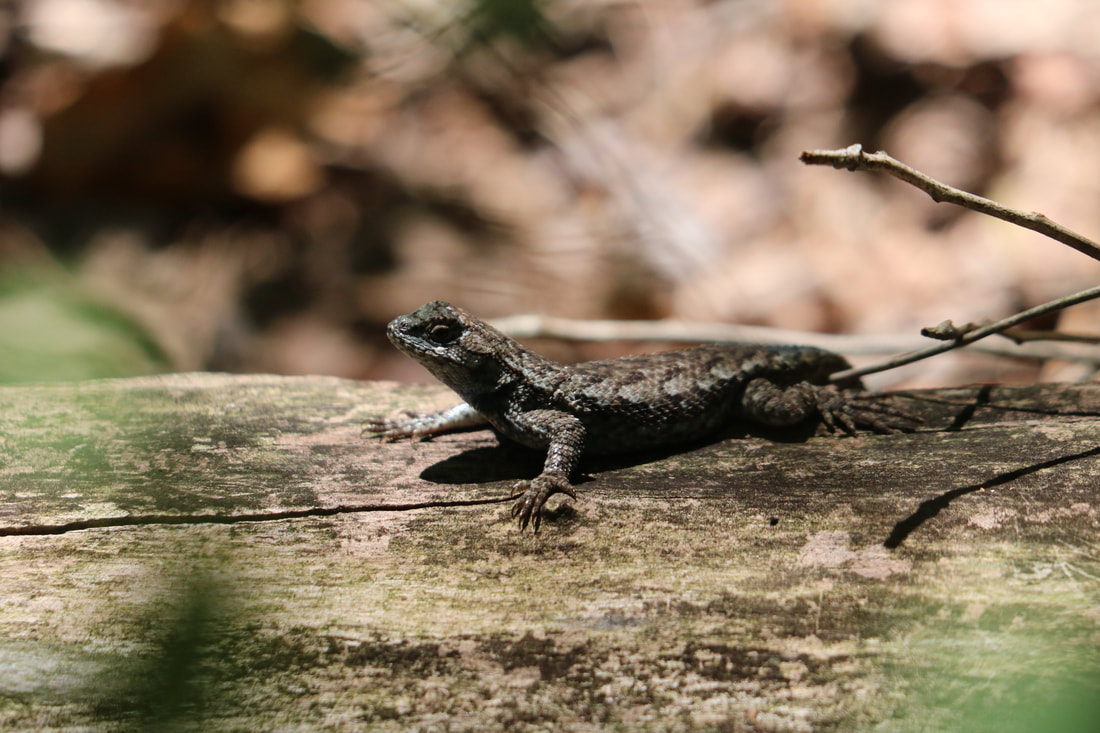
 RSS Feed
RSS Feed